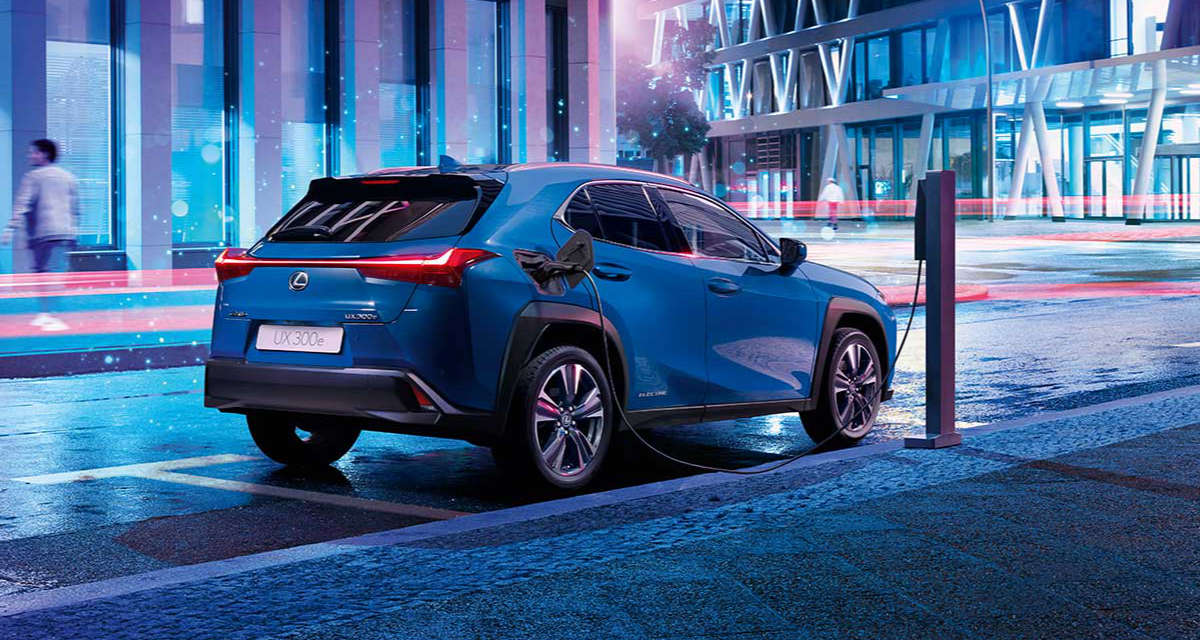internalaudit
Expert
- Messages
- 1,228
- Reactions
- 1,180
∆ Are you suggesting good individual li-ion BEV cells can easily surpass 1500 full charge cycles?
Even 300 km x 1500 full charges is only 450,000 km.
I am sure the motor can last very long but 450,000 km for the battery is okay but not spectacular especially if there is power degradation, besides capacity which is a given.
When there are enough compelling used BEVs with replaceable battery design in mind, maybe things will get more interesting in terms of aftermarket battery support.
No wonder Toyota is focusing on HEVs and PHEVs for now since battery could be a big liability with it's eight year or longer warranty.
Hopefully next gen batteries like from Enevate, Ilika or Toyota do come out middle of the decade, even if initially only for higher-end models.
Even 300 km x 1500 full charges is only 450,000 km.
I am sure the motor can last very long but 450,000 km for the battery is okay but not spectacular especially if there is power degradation, besides capacity which is a given.
When there are enough compelling used BEVs with replaceable battery design in mind, maybe things will get more interesting in terms of aftermarket battery support.
No wonder Toyota is focusing on HEVs and PHEVs for now since battery could be a big liability with it's eight year or longer warranty.
Hopefully next gen batteries like from Enevate, Ilika or Toyota do come out middle of the decade, even if initially only for higher-end models.
Last edited:

